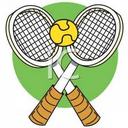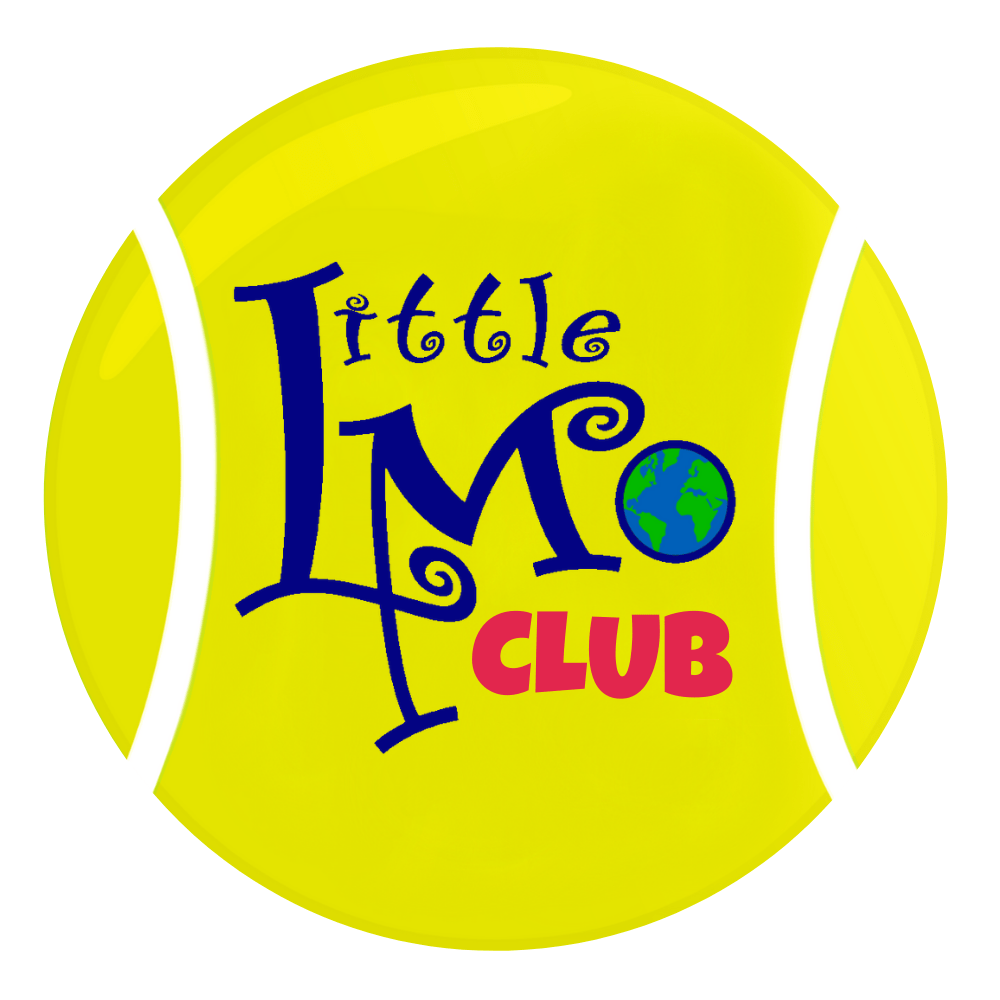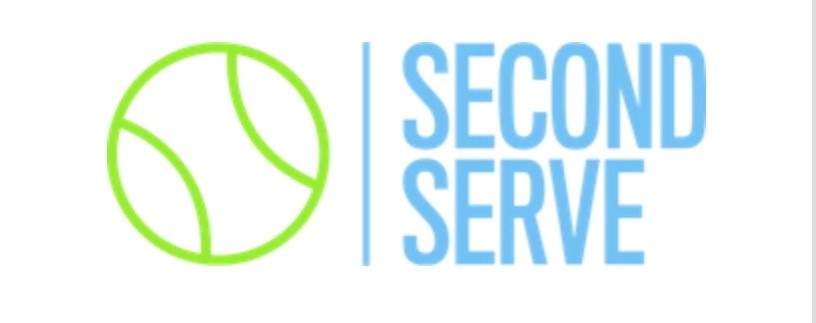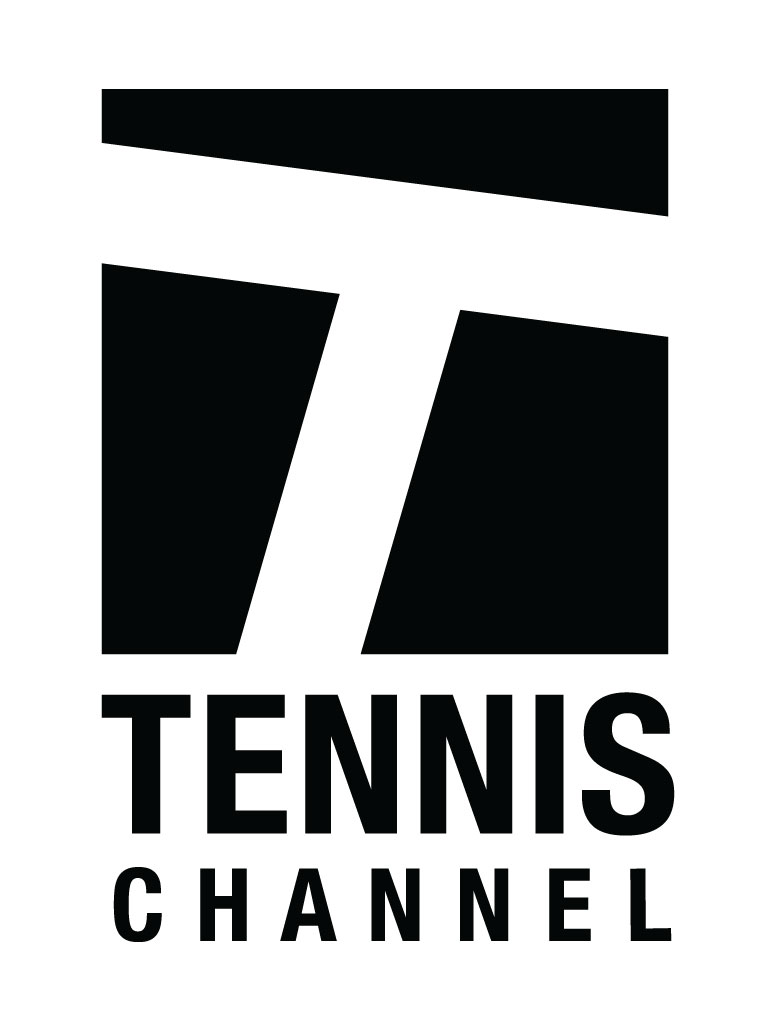Tennis Parent Problems!
Up Next
Breaking the Streak
Today’s guest post is from the mom who tweets under the pseudonym of Tennis Parent Probs. She has become my go-to when I need a giggle or a quick pick-me-up after a particularly tough day in the Junior Tennis World. One of my favs: “Signing up for another medieval torture session — I mean tournament.” Please be sure to follow her on Twitter – she is usually tweeting what the rest of us are thinking! Enjoy!
My daughter started taking tennis lesson at about six years old, but it wasn’t until sometime in middle school that she decided that she was really serious about it. You might think that middle school seems like the appropriate time to commit fully to a sport, and at the time I did too. But in the years since, I have learned that in tennis years she was already way behind. Thus ensued an odyssey that can only be described as very expensive, in time as well as in money.
When my daughter first started competing, I had no idea what was lurking beyond our nice little local tournaments. I had no idea that there were multiple levels of tournaments with completely different players participating. I thought that the number one seed in our daughter’s tournaments was a “top player.” My husband and I used to watch those girls and hope that someday our daughter could be as good as they were.
Looking back, I now see how little I knew.
Here’s the thing that many tennis parents embarking on this journey don’t realize. A lot of kids who are very good players at 10 or 11 or 12 don’t make it through to the end of high school. Sometimes they become interested in other things that don’t mesh with 15 hours a week on the tennis court and days spent traveling to tournaments. Debate. The school newspaper. Boys. Sometimes they aren’t distracted or interested in anything else at all. They’re burnt out and they just quit.
This is why I am always leery of the mothers of young players who proclaim (loudly) their child’s unending commitment to the sport.
“There is nothing my daughter would rather do than play tennis. That’s why she’s playing six days a week and playing in 25 tournaments a year.”
All I can say is that I hope it all works out for you.
And that’s it in a nutshell. Kids are fickle and we sometimes forget that. Junior tennis is just that, junior. It’s for kids, and kids change as the years pass. I have watched too many parents become so involved that they might as well be down there on the court hitting the ball. It’s no longer “My daughter is playing Susie Jones.” It becomes “We’re playing Susie Jones.” I’ve been watching my daughter play junior tennis for a long time. As a result, I’ve had the opportunity to observe tennis parents in their natural habitat – courtside. Needless to say, there are as many varieties of tennis parents as there are kinds of protein bars, but a few stand out.
There’s the parent as coach. We have several of these parents in our section. These are the parents who coach the kid at home and bring their act on the road. They usually travel with their own hopper full of balls and book warm up courts weeks in advance for at least two hours before each match. These parents know the ins and outs of every other player’s game and aren’t shy about touting their own kid’s superiority. We don’t like these parents.
The anti-rooter thinks that if their kid isn’t winning, then no one else should either. These parents spend the tournament sitting at the sidelines rooting against anyone who has ever beaten their kid. Or won a set off their kid. Sometimes they’re quiet about it, but more often they are loud and obnoxious, clapping at unforced errors and double faults. We don’t like these parents either.
The parent as groupie is one of my personal favorites. These parents are blessed with kids that win – a lot. They view their role as being in charge of everything but hitting the ball. At tournaments, they carry the cooler and the bag, and they create a “quiet space” in which their kid can “focus.” They are often, with the guidance of a team of professionals, responsible for making sure all (pre-approved) snacks and beverages are in place. They feel honored to be part of the inner circle of such greatness. We find these parents amusing.
The absent parent is a lot of fun too. This is the parent who drops and drives. This parent often has multiple tennis-playing kids and spends tournament weekends shuttling between venues. An offshoot of the absent parent is the hidden parent. These are parents who can’t bear to watch so they sit outside in the parking lot while their kid is playing. In venues with bars, sometimes they hide out there. We sympathize with these parents.
I think parent as facilitator best describes me. I drive and I pay. I make sure my daughter gets where she needs to be, and I pay for everything. I offer praise, win or lose, and try to stay out of the line of fire after particularly disappointing losses. I do not try to coach, nor do I care to. I facilitate.
I always love when people ask me if my daughter took up tennis because I am a tennis player. Nope. She came to this all on her own. At least she can’t blame me for that.













Comments are currently disabled for this post